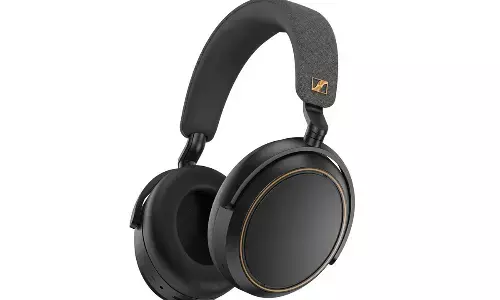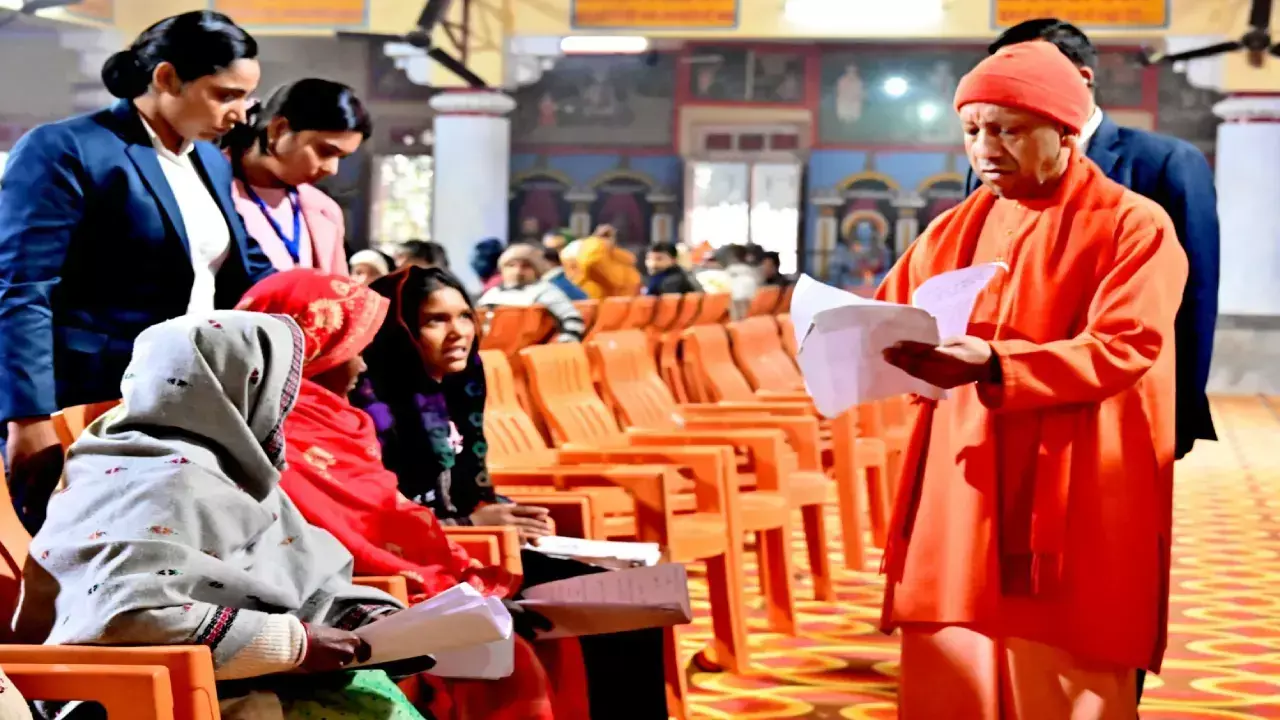Delhi to Host Asian Conference On Indoor Environment Quality

1st Edition of ASIAN CONFERENCE ON INDOOR ENVIRONMENTAL QUALITY to address the issue of Indoor Environmental Quality and Indoor Air Pollution will be organized by Indian Society of Heating, Refrigerating and air conditioning engineers
1st & 2nd February, 2019 at Indian Aviation Academy, New Delhi
New Delhi: 1st Edition of “ASIAN CONFERENCE ON INDOOR ENVIRONMENTAL QUALITY” to address the issue of Indoor Environmental Quality and Indoor Air Pollution will be organized by Indian Society of Heating, Refrigerating and air conditioning engineers (ISH RAE) in collaboration with Society for Indoor Environment (SIE) and Indoor Air Quality Association - USA Chapter (IAQA) have initiated the "ASIAN CONFERENCE FOR INDOOR ENVIRONMENTAL QUALITY" at Indian Aviation Academy, Vasant Kunj, New Delhi on 1st & 2nd February, 2019. Society for Indoor Environment (SIE) is targeting this event to address the issues of indoor air in different indoor settings and also address on health impacts of indoor air pollution exposures. SIE is the foremost source of technical knowledge on Indoor Environment Quality, main stream IEQ in education, influence national policies, regulations and standard on IEQ and bring diverse stakeholders together on the common platform and develop collectively holistic solutions.
Growing urbanization and increase in population has escalated the exposure of people to air tight buildings with accompanying health impacts. With more than 90% of the time being spent indoors, the Indoor Environmental Quality (IEQ) plays an important role in maintaining the health and well - being of individuals especially in urban areas. IEQ is gaining importance in growing India and with new infrastructure on the rise, it has become imperative to strike a balance between IEQ ventilation, human health and productivity. Indoor air quality is a prime area of concern coupled with efficient lighting, adequate thermal comfort and manageable acoustics, determining the health and productivity of the urban population.
The event will focus on indoor environment quality in India since it is one of the serious threats to the population residing in cities across the world. Apart from Metros in India, other mega cities are also choked today with high levels of air pollutants, especially the particulate matter. The solution to the problem of urban air pollution is not easy and needs to be tackled by involving all the key stakeholders apart from the local government. Policies backed with emission regulations, planning measures and strict enforcement play important role. Further, the Indoor air quality is not monitored nor regulated, to tackle this problem. However, we need a stakeholder driven approach that requires a consultation and participating approach.
The eminent speakers to the event will be researchers, academicians (from IPCA, SIE, IITs, NITs, ISHRAE and IAQA), Government officials, and Industry Experts who will be discussing the strategic matter such as design and development of air pollution control systems, indoor air quality issues in different indoor micro-environment, indoor air quality monitoring and its management at different urban and rural settings, effects of indoor air pollutants on health and solutions to improve IAQ and health. The event will be supported by many national organizations including IIT Delhi, EMC Mumbai, CSIR-NEERI, IIT Madras, IIT Tirupati, MNIT Jaipur, Delhi University, who will share their knowledge, experience, concerns, technologies and solutions and set up a momentum to fight with the issue of air pollution.
Prof Prasad Modak, President, Society for Indoor environment, saying, "Indoor Environment is an area that is not currently well addressed in the design and use of built environment in India. In specific, the subject of Indoor Air Quality (IAQ) has not received the importance and traction that it deserves. It is surprising that India does not have standards for indoor air quality even today. Studies on the assessment of health impacts due to indoor air pollution have been rather scant and there are no third party certifications to know the efficacy of indoor air pollution control equipment.”















